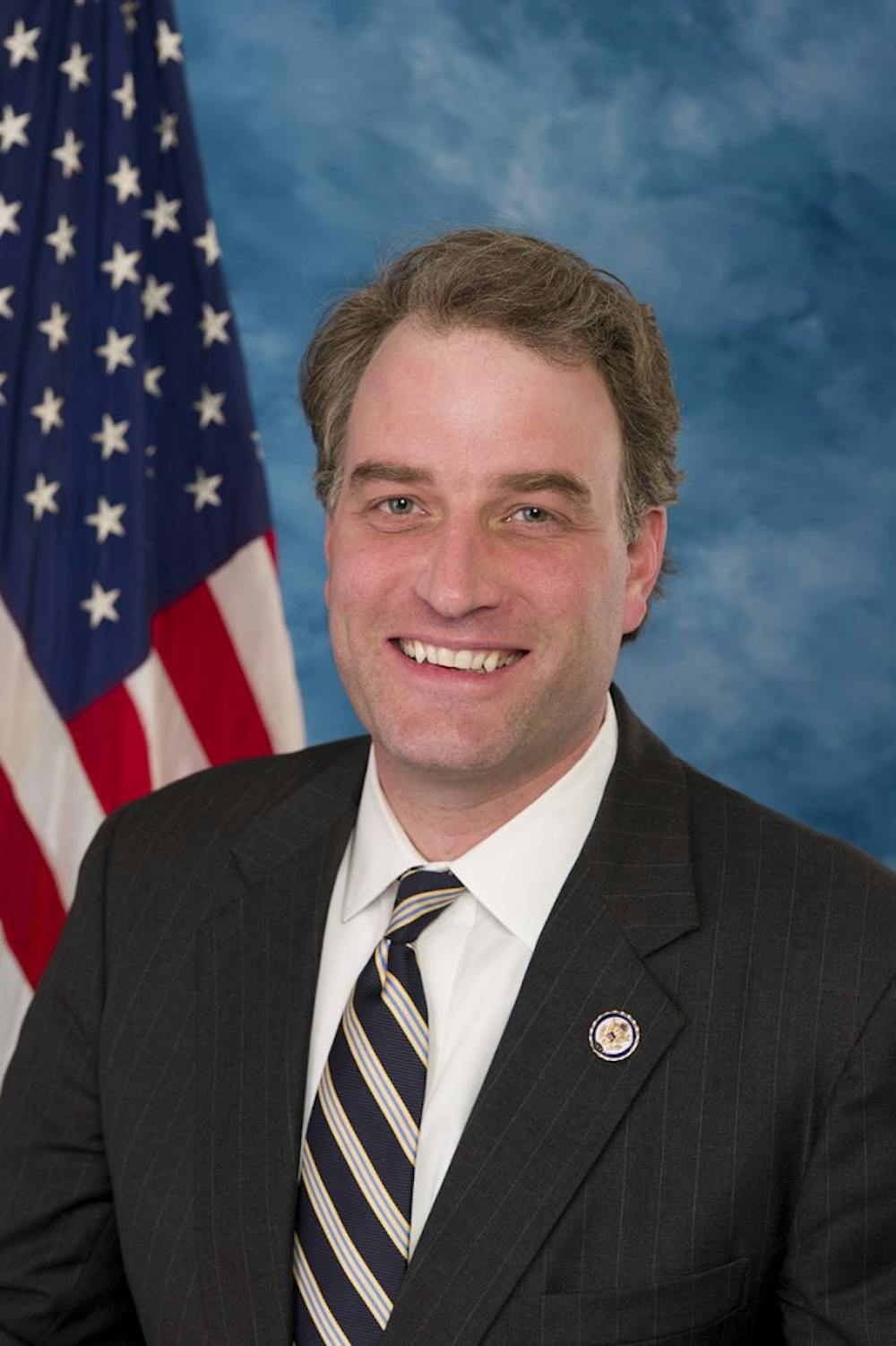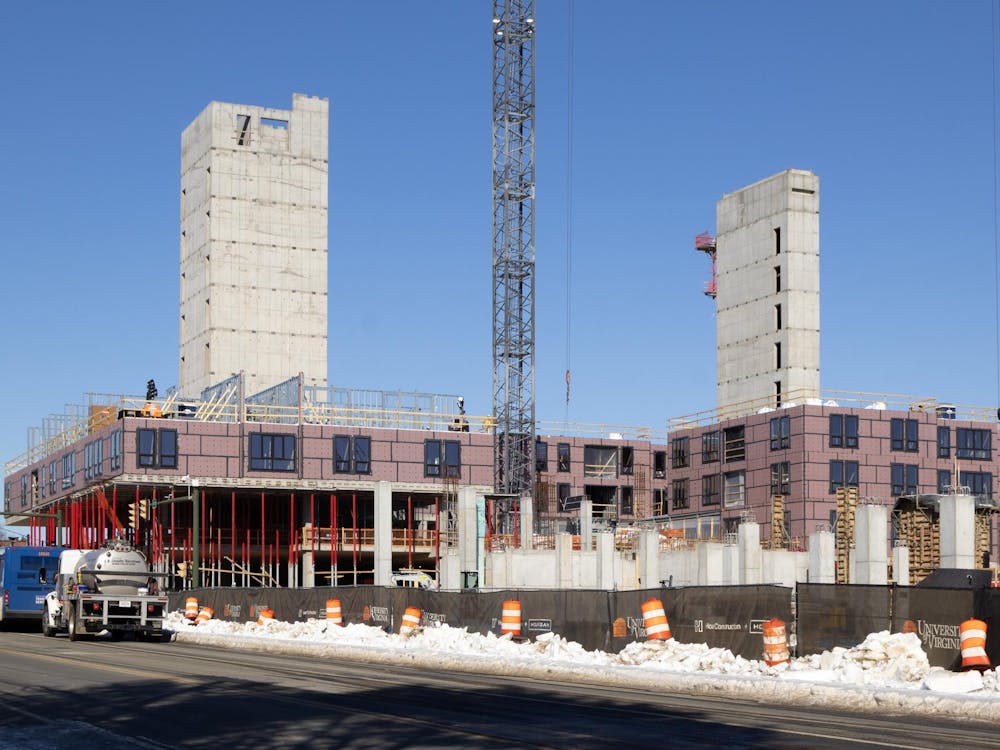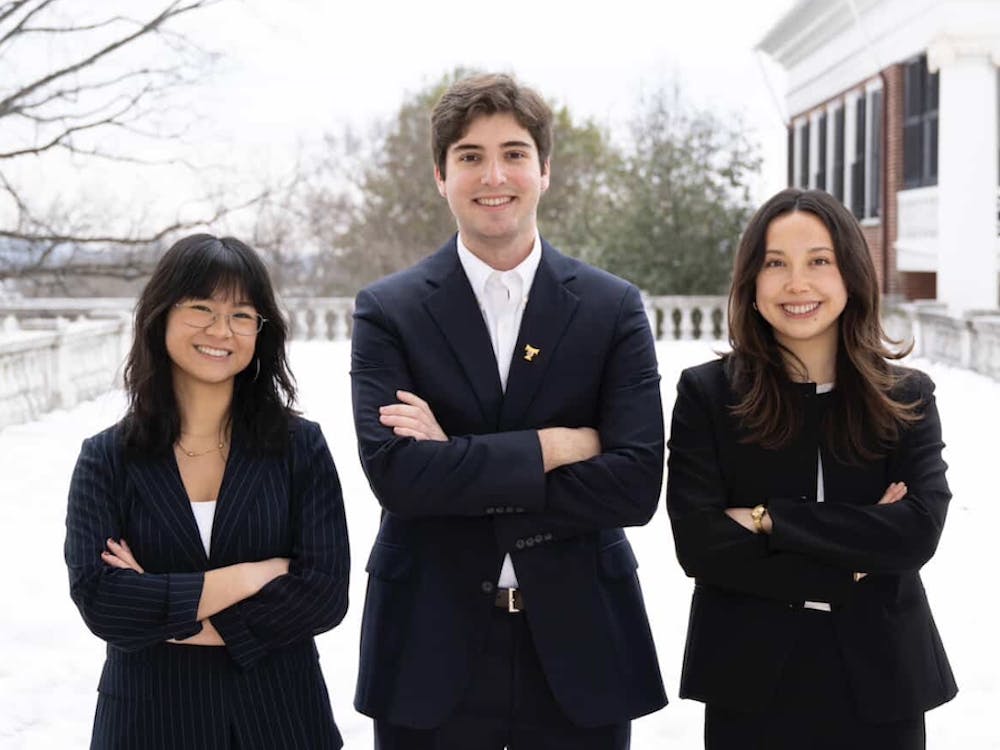Virginia’s 5th Congressional District Republican Committee voted Feb. 6 to hold a convention to decide the party’s nominee for the general election in November.
Rep. Robert Hurt (R-Charlottesville) — who currently holds the congressional seat — announced in December he will not seek re-election. In 2010, Hurt won the party’s nomination in an open primary and did not face any challenges from within the party in 2012 and 2014.
Although most congressional districts in Virginia hold open primaries, Lynn Tucker, chair of the 5th District Republican Committee, said there are advantages to holding a convention.
“[A] convention saves taxpayer money to pay for voting polls,” Tucker said. “[A convention] also saves campaign money for candidates.”
A primary is an election open to the public to select a party’s candidate, while at a convention delegates choose the party’s nominee.
Each of the 23 counties in Virginia’s 5th District will hold mass meetings to select delegates to vote for the Republican Party’s nominee. Any potential delegate must come to the meeting to be considered.
Tucker said most counties will complete their delegate selections by March. The convention will be held in May.
Candidates for the Republican nomination have offered their opinions on the decision as well.
Lynchburg resident and candidate Andrew Griffin issued a press statement saying the decision to use a convention will exclude voters from the political process.
“This is not Tammany Hall and by deciding not to hold an open voting process, the overwhelming majority of voters in Virginia’s Fifth Congressional District have been boxed out of the electoral process,” Griffin said in his release.
Griffin also said numbers and money shouldn’t be the deciding factors for a district when choosing to use a convention.
“We should leave the process as free and open as possible to anyone who is legally registered without any barriers,” Griffin said.
However, Michael Del Rosso, candidate and CEO of Logical Technical Services Corporation, said he supports the use of conventions because they save constituents and candidates money.
Del Rosso also said any registered voter can be a delegate and at a convention “people can actually meet candidates in a smaller setting that is personally catered towards them.”
Griffin’s reference to Tammany Hall — a political organization in New York with a history of political corruption in the 19th and 20th centuries — is inaccurate, Del Rosso said.
“[During] most times conventions happened in the past, higher ups prevented common people from coming in order to skew the votes,” he said, adding that corrupt conventions are no longer a common issue.
Griffin said his reference to Tammany Hall was “made more in jest,” and the more important issue is removing barriers for people to participate in selecting the party’s candidate.
Candidate and Bedford County businessman Jim McKelvey said there are advantages and disadvantages to both methods, but he prefers the convention method.
“[With a convention], you have a much more even playing field in that it’s boots on the ground to sign delegates to support you,” McKelvey said.
McKelvey also said he appreciates how the convention process removes some of the money from the candidate selection process.
Candidate Joseph Whited, a staffer to the House Armed Services Committee, said he supported a primary but accepts the committee’s decision.
“I originally endorsed an open primary and I believe it produces a better candidate, but I understand the argument for a convention,” Whited said.
Candidate Sen. Thomas Garrett Jr. (R-Buckingham) could not be reached for comment.







